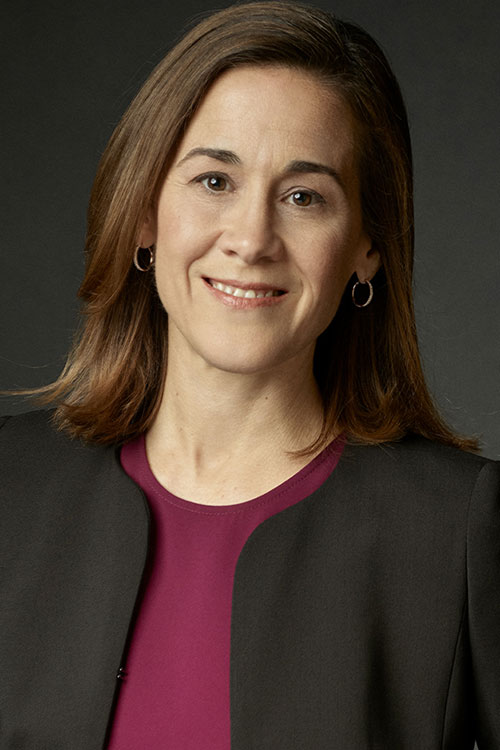When the coronavirus pandemic hit, financial services firm Edward Jones was in a pretty good position to handle it, all things considered.
It had the technology and strategies in place to allow its employees to work from home and to communicate with ease with its clients. The company’s wellness program—through provider Virgin Pulse—was already an important resource for its employees, giving them access to resources to help improve their financial, emotional, physical health and more—which was especially important as COVID-19 increased employee stress. And not long before the outbreak, the company added mindfulness tools—a resource employees jumped at as a result of the pandemic. Utilization of those benefits has increased 40% since the start of the year.
Still, Edward Jones, like many other employers, had its share of new challenges. The biggest? Making its employees feel connected in the new reality.
“The biggest challenge we’ve seen is people wanting to be connected, and people feeling more isolated,” says Kristin Johnson, the firm’s chief human resources officer. “Typically, it’s people that maybe haven’t been working at home as much, myself included. I love going into the office and love seeing people.”
Knowing that some employees were having a hard time, the firm became “intentional about equipping its leaders with ways to connect with associates—from video calls and different tools to help people feel connected,” Johnson says.
Johnson also began “coffee chats”—which she hosts twice a week with a partner from the organization for all of its 49,000 employees. The chats welcome different guests to talk about a variety of subjects—best practices on emotional health, for example, or a business topic for their branch teams. “It’s been really great to see the response of people really valuing that we stay connected when they’re not physically able to be together.”
The coffee chat gets quite literal, too—it often includes a spotlight on employees’ favorite coffee mugs. “People will send pics of their coffee mugs and tell the stories behind it,” Johnson says. “It’s been a really fun way to bring a large community closer together in a fun, informal way.”
Importantly, company leaders, including Johnson, have been encouraging managers to lead with empathy and support during this time of uncertainty. Much of that mission includes being more personal and not just focusing on the work at hand, Johnson says. “We’ll talk about how to host virtual meetings,” she explains. “We tell them, ‘Don’t just make it about the business; check in with people. See how they’re doing, how they’re feeling.’ ”
Meetings often begin with some sort of icebreaker for employees to get to know each other better—something that wasn’t necessarily a priority pre-COVID.
“I got a message from a partner, and he said, ‘I don’t think I would have ever known the names of the pets of my associates. It’s not something I would have asked about,’ ” Johnson says.
Building morale and making employees feel connected has been a priority of late for many employers, especially as a growing number of workers struggle with stress, feelings of isolation and a slew of other issues as a result of the coronavirus pandemic.
Related: Is COVID-19 a turning point for workplace mental health?
Research from Cigna, for instance, finds that loneliness is on the rise—and has a significant impact on employers, too. For instance, lonely workers report they deliver lower-quality work, are more likely to miss a day of work, are less productive and don’t find work meaningful or fulfilling, among other issues. And the pandemic is exacerbating these issues.
“People who are lonely say their mental health isn’t as good,” Paul Montanari, vice president of operations at Cigna Group Insurance, said during a webinar on the topic. “As employers, as HR leaders, we have the opportunity to do something about this.”
Johnson says she thinks making more efforts to connect with employees has made a big impact not only for individual workers, but the company as a whole. And it’s a strategy she thinks will live on after the pandemic.
“[One of the big lessons] has been being more intentional and not taking personal connection for granted,” she says. “And that’s a good thing.”
